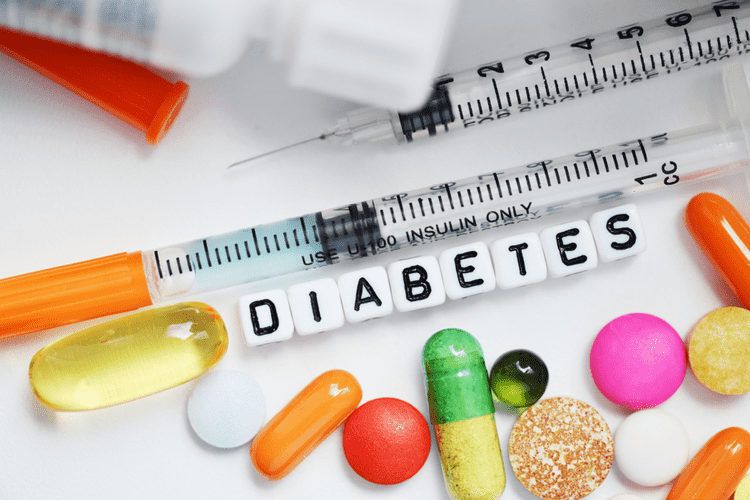Hospitals and rehabilitation centers offer dynamic and challenging environments for professionals working in addiction recovery. In these settings, multidisciplinary teams comprising therapists, psychologists, and social workers collaborate closely to provide comprehensive care for individuals struggling with substance use disorders. The work in these facilities is deeply impactful, offering professionals the opportunity to support patients through critical recovery phases, from detoxification to therapy to long-term recovery planning. The work environment in these organizations is collaborative and mission-driven, characterized by a strong commitment to service and community engagement. Employees and volunteers work together to support individuals in recovery through various programs and initiatives that promote long-term recovery. This community-focused approach both supports individuals in recovery and works toward broader social change by reducing stigma and improving public policies related to substance use disorders.
- In addiction treatment, acute care refers to immediate, short-term medically managed or monitored care.
- Recovery from addiction is not a linear process, and increasingly, relapse is seen as an opportunity for learning.
- Detoxification in a medical setting, often with use of medications to support initial withdrawal and stabilization following cessation of alcohol or other drugs.
- These dreams decrease in frequency with time in recovery from substance use disorder.
- Negotiating with oneself for a delay of use, which doesn’t deny the possibility of future use, and then getting busy with something else, capitalizes on the knowledge that cravings dissipate in about 15 minutes.
A Guide to Common Addiction Terms

A theory of motivation and emotion used as a model for drug addiction, that postulates that emotions are pairs of opposites. With an emphasis on rehabilitation and treatment, drug courts serve only a fraction of the estimated 1.2 million individuals suffering from Substance Use Disorder in the United States criminal justice system. Ongoing care of patients suffering from chronic incapacitating illness or https://missouridigest.com/top-5-advantages-of-staying-in-a-sober-living-house/ disease. Understanding substance use disorder to be a chronic illness, it requires continuing care and ongoing recovery management rather than acute care or treatment delivered in isolated episodes. In the addiction field, it is closely linked with the concept of confidentiality because people typically prefer not to have their name or addiction status known due to potential stigma and discrimination.
Embracing True Sobriety
The endpoint is voluntary control over use and reintegration into the roles and responsibilities of society. Shortly after substance use is stopped, people may experience withdrawal, the onset of unpleasant physical and psychological symptoms —from irritability to shakiness to nausea; delirium and seizures in Top 5 Advantages of Staying in a Sober Living House severe cases. There are no lab tests that define recovery and no universally agreed-on definition of recovery. For many experts, the key components of addictive disorder are compulsive drug use that continues despite detrimental consequences, and the development of cravings with the inability to control use.
The Process of Recovery
By understanding the nature of addiction and embracing the recovery process, individuals can take the necessary steps towards a healthier, happier, and more fulfilling life. SAMHSA’s mission is to lead public health and service delivery efforts that promote mental health, prevent substance misuse, and provide treatments and supports to foster recovery while ensuring equitable access and better outcomes. The chronic nature of addiction means that for some people relapse, or a return to drug use after an attempt to stop, can be part of the process, but newer treatments are designed to help with relapse prevention. Relapse rates for drug use are similar to rates for other chronic medical illnesses. If people stop following their medical treatment plan, they are likely to relapse. Individuals with addiction may receive mental health services or medical services long before they seek addiction treatment.
These stages include emotional relapse, mental relapse, and physical relapse. In the emotional stage, individuals may experience mood swings, isolation, and anxiety. In the mental stage, thoughts of using drugs or alcohol may resurface, and individuals may start glamorizing past substance use. Addiction is a complex, chronic, and neurobiological disease that is influenced by a combination of genetic, psychosocial, and environmental factors.
Detoxification (Detox)
The shifts in thinking and behavior are critical because they lay the groundwork for changes in brain circuity that gradually help restore self-control and restore the capacity to respond to normal rewards. Guilt refers to feels of responsibility or remorse for actions that negatively affect others; shame relates to deeply painful feelings of self-unworthiness, reflecting the belief that one is inherently flawed in some way. Shame is an especially powerful negative feeling that can both invite addiction in the first place and result from it.
Seeking Professional Help

These include addiction-related terms and phrases, common recovery programs and family programs, and treatment for substance abuse terms and definitions. Nonprofit organizations and support groups play a significant role in the addiction recovery landscape, offering work environments often centered on community support, advocacy, and education. These organizations, such as recovery community organizations (RCOs), are typically nonprofit entities led by community members who themselves are in recovery.
